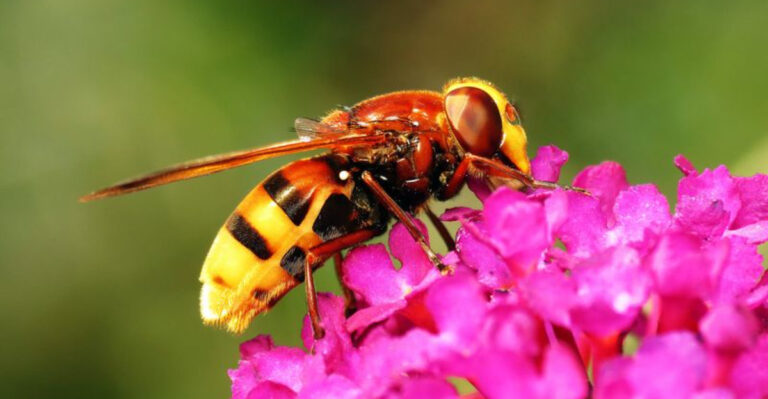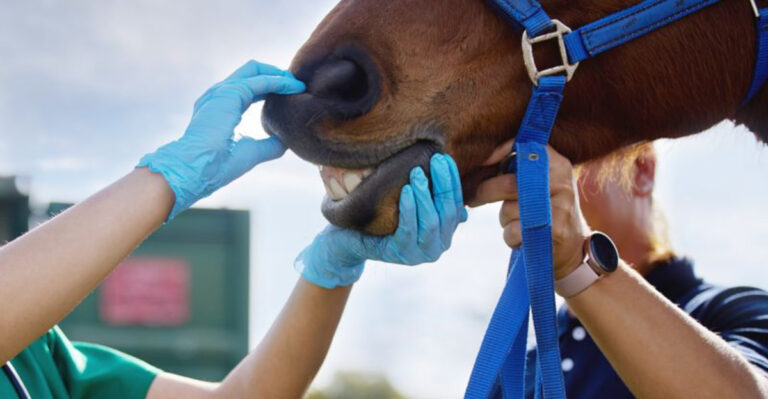21 Ways To Help Animals That Will Have A Lasting Impact

Helping animals is one of the kindest things you can do. Big or small, your actions make a real difference! Even spreading the word about animal welfare helps.
Awareness can spark action in others too. Let’s dive into some fun and meaningful ways to help. Because making tails wag is always a win!
1. Report Animal Abuse

Reporting animal abuse is one of the bravest things you can do for a voiceless creature. Your action could save a life.
If something feels wrong, trust your gut and speak up. Many groups offer hotlines and tools to make it easy.
Learning the signs of abuse helps you spot trouble early. Knowledge is a powerful protector.
Your report gives authorities the chance to step in and help. Don’t underestimate the difference you can make.
2. Start A Pet Food Bank

When money gets tight, pet food banks step in to help furry friends stay fed. It’s a lifeline for families and their beloved pets.
Starting one builds community and spreads kindness. Rally donations and volunteers—you’ll be surprised how many want to help.
Watching a wagging tail or a happy purr after a full meal? Pure joy.
These banks have kept pets and people together through the toughest times. A small act can mean the world.
Your support could be the reason a pet gets to stay right where they belong—home.
3. Adopt, Don’t Shop
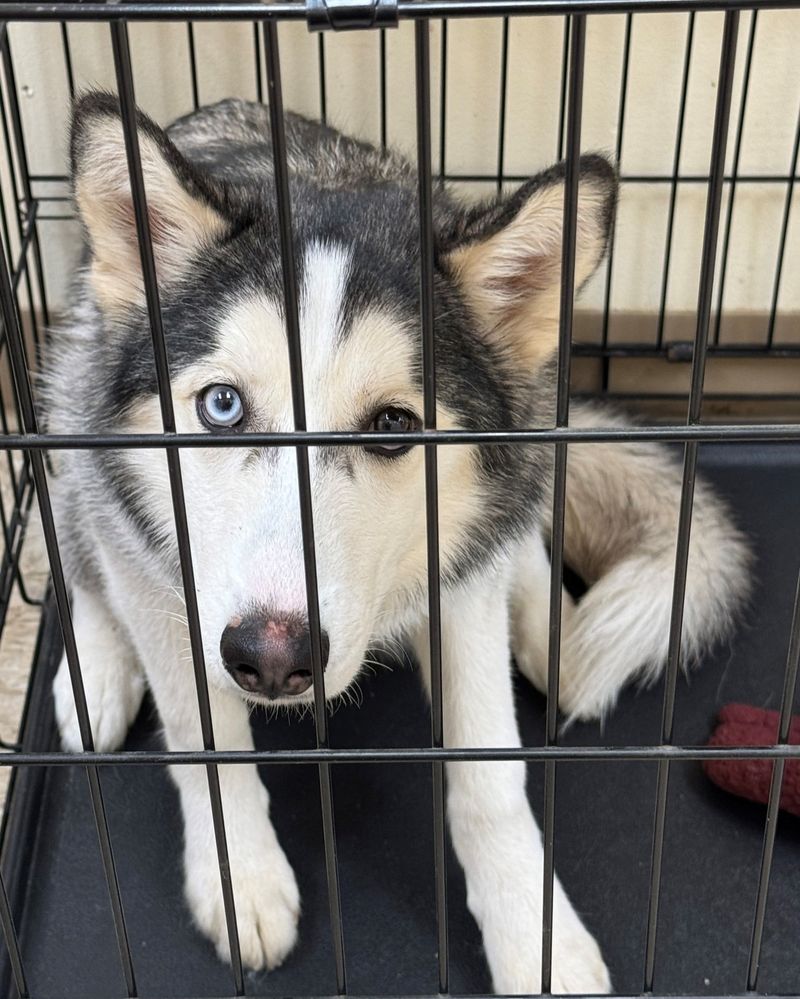
Adopting a pet is a powerful way to change a life—maybe even your own. You’re giving an animal a fresh start and a forever home.
Buying fuels breeding mills, but adoption says, “I choose compassion.” It’s love over profit, every time.
Shelters are full of amazing pets waiting to meet you—big, small, young, old, all unique.
Every adoption saves two lives: the pet you bring home and the next one who gets a spot.
The bond? Unmatched. Adopted pets know they’ve been chosen—and they never forget it.
4. Donate Supplies

Shelters always need basics like food, blankets, and cleaning supplies. Your donation could be the comfort a scared pet needs!
Check their online wish lists—they make it super easy to give exactly what’s needed. No guesswork required.
Want to go big? Start a donation drive and get your whole neighborhood involved. Teamwork makes tails wag!
Got a special skill like grooming or vet care? That kind of help is priceless and deeply appreciated.
Even the smallest gift adds up. Together, we can keep shelter animals cozy, clean, and cared for.
5. Foster Animals

Fostering gives animals a cozy stopover on their way to forever homes. It’s love, patience, and second chances all rolled into one.
It helps shelters avoid overcrowding and gives pets a break from the stress. Your home becomes their happy place.
Short on time? No problem—fostering is super flexible and fits all kinds of schedules.
Most shelters provide supplies, so all you need to bring is heart. Plus, they’ve got your back every step of the way.
You’ll learn tons and change a life (or two). Fostering truly turns your home into a place of hope!
6. Support Wildlife Conservation
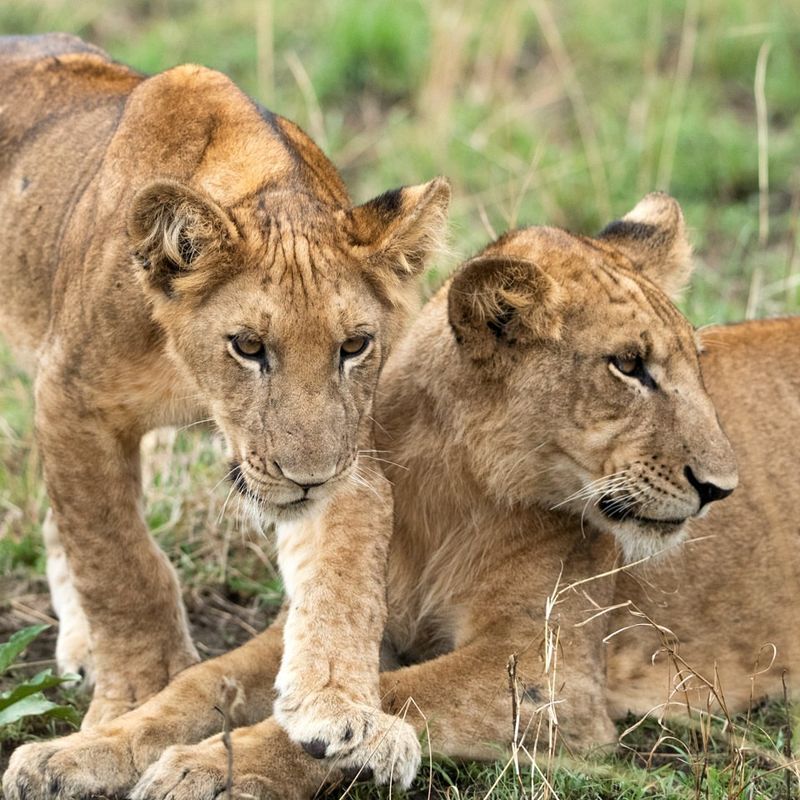
Wildlife conservation keeps amazing animals safe and wild places thriving. It’s all about protecting species and the homes they love.
From fighting poaching to restoring habitats, these efforts matter more than ever. Biodiversity needs our help!
Want to pitch in? Donate, join a campaign, or volunteer—it all makes a difference.
Spreading the word helps too. A single convo can spark someone else’s passion for wildlife.
Helping protect nature feels pretty great. It’s your chance to give back to the planet in a big way!
7. Raise Funds For Animal Charities
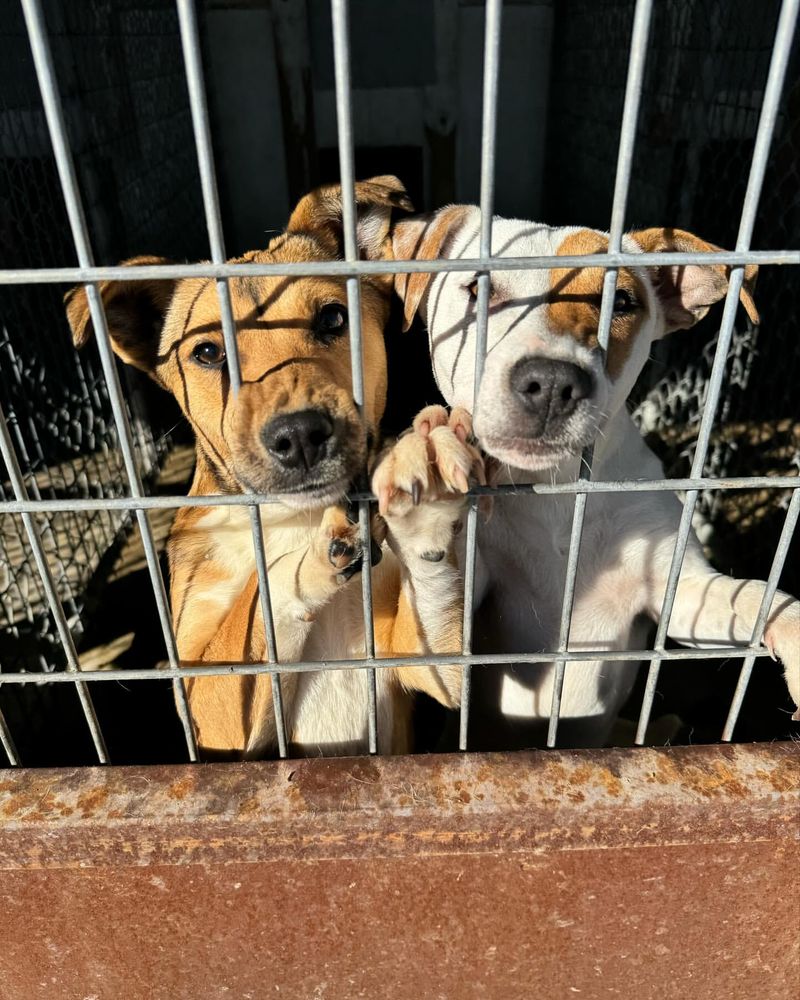
Raising funds for animal charities is a fun way to do big things with a big heart. Every dollar helps feed, heal, and house animals in need.
From bake sales to fun runs, there are tons of creative ways to get your community involved. Bonus: it spreads the word, too!
Going digital? Online fundraisers can reach folks far and wide with just a click.
Your support keeps shelters running and tails wagging. It’s impact you can feel—and see.
8. Sponsor An Animal

Sponsoring an animal is like giving them a big warm hug from afar. Your support helps cover their food, care, and cozy home!
Many programs send updates, so you get to follow your new furry (or feathery!) friend’s story. Some even invite you to visit!
It’s a feel-good way to make a real difference without taking on full-time pet parent duties.
From shelter pets to wild sanctuary residents, your sponsorship brings safety and smiles.
One small monthly gift, one huge impact. It’s kindness that keeps on giving!
9. Educate And Advocate

Speaking up for animals can spark real change. Sharing knowledge opens hearts and minds in powerful ways.
Host a talk, lead a workshop, or plan an event—spreading awareness is easier than you think.
Advocacy can be as simple as signing a petition or writing to your local rep. Every voice counts!
Team up with others to grow your impact. Big movements start with passionate people linking arms.
The more folks you inspire, the farther compassion spreads. Your voice could be the one that starts a ripple!
10. Participate In Animal Rescue

Jumping into animal rescue is brave, bold, and totally heartwarming. When disaster strikes, animals need quick heroes—like you!
Rescue teams swoop in to save pets from danger, giving them a shot at a better life. Training’s included, so you’re never alone.
It can be tough work, but the reward? Seeing a scared animal safe and sound thanks to your help.
You’ll make a huge difference with every mission, one life at a time.
Ready to be a real-life rescuer? It’s your chance to be the hero animals are waiting for!
11. Engage In Animal-Assisted Therapy

Animal-assisted therapy is all about healing through furry friends. Animals bring calm, comfort, and joy where it’s needed most.
Therapy pets visit hospitals, schools, and care homes, turning tough days into better ones. One cuddle can change everything!
These visits ease stress and lift spirits—for both the people and the animals. It’s a two-way street of love.
Volunteering with a therapy animal means you’ll see magic happen right before your eyes.
It’s a beautiful way to help humans and support animals at the same time. Heart full, mission complete!
12. Build A Bird Sanctuary

Imagine starting your day with cheerful chirps right outside your window. A backyard bird sanctuary can make that dream real—and beautiful!
Set up feeders, add fresh water, and plant native shrubs. Birds will thank you by flocking in droves.
They’re not just pretty faces—birds help control pests and spread seeds. Your yard becomes part of the ecosystem!
With time, you’ll see a bustling bird community take shape. It’s like having a live nature show every day.
Some birds fly thousands of miles to get to you. Your backyard could be their perfect pit stop!
13. Support Ethical Animal Tourism
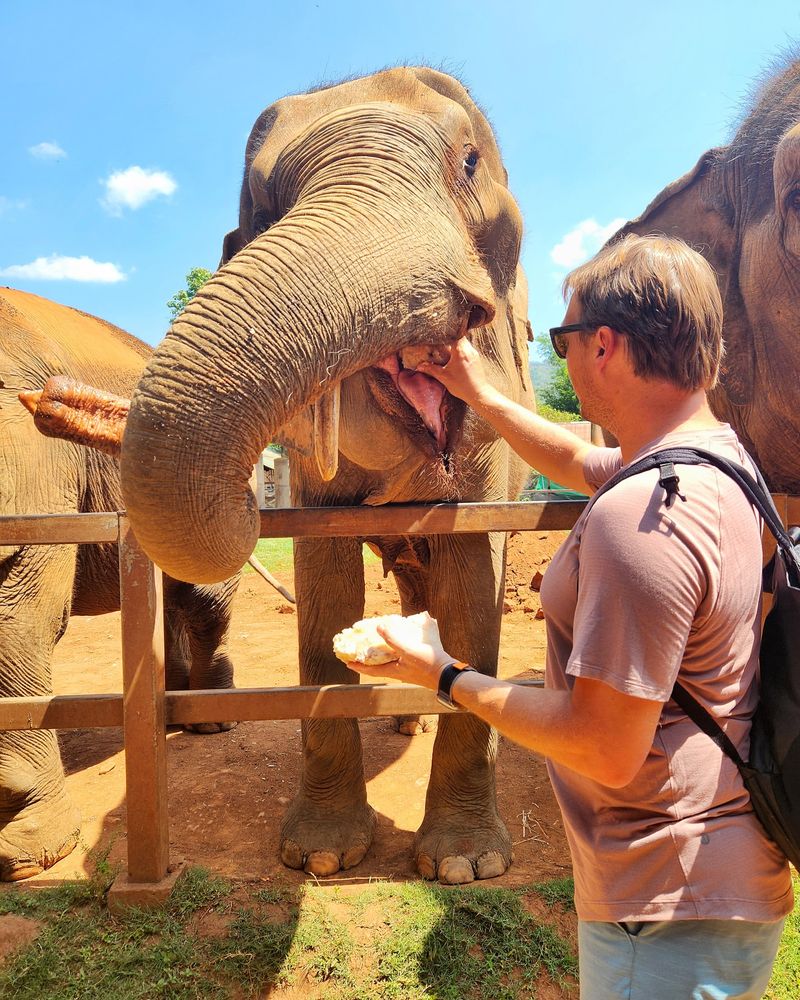
Ethical animal tourism means fun for you—and safety for them. Skip the selfies with chained tigers and go for real sanctuaries instead.
Choose tours that care about animals, not just profit. Think conservation, not exploitation!
You’ll learn more, feel better, and actually help wildlife thrive. That’s a win-win adventure.
Do your homework—check for humane practices before you book. Good vibes only for your travel plans.
14. Support Local Animal Farmers
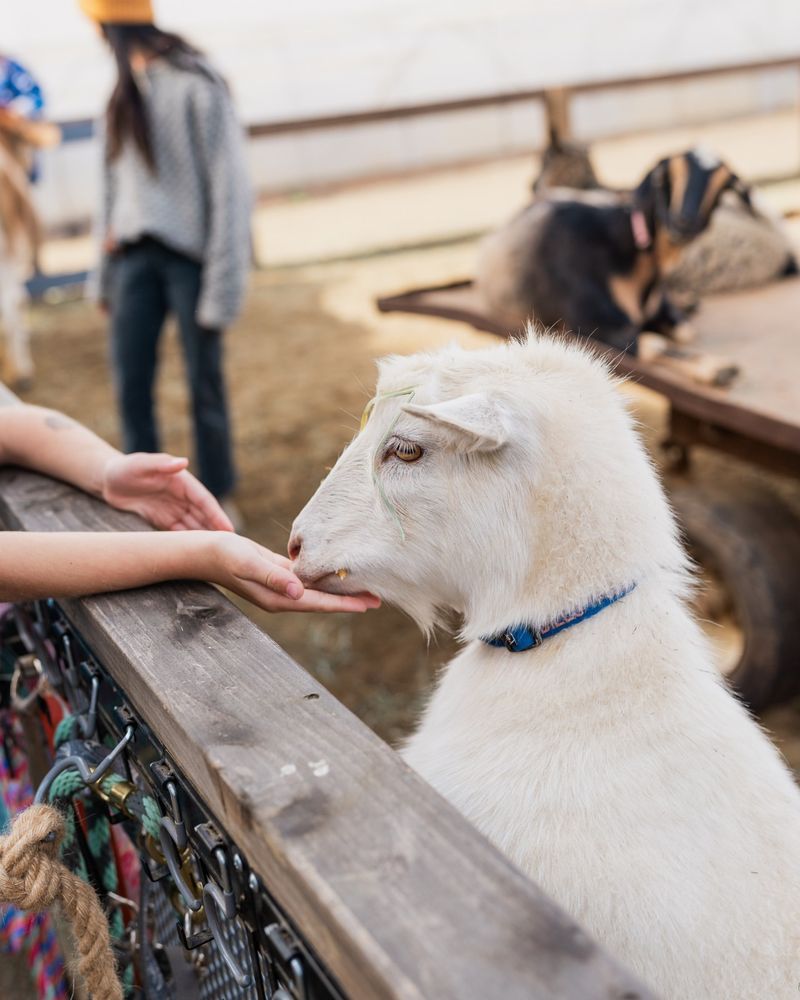
Supporting ethical local farmers is a win for animals *and* your community. Their animals live better lives—free-range, well-fed, and cared for.
Shopping from them means you’re backing humane treatment over factory farming. Your choices matter!
Farmers markets are great spots to find these products and ask questions directly. Know your food, know your farmer.
It’s also a boost for small businesses and local sustainability. Good for animals, great for your neighborhood.
15. Become A Vegetarian Or Vegan

Going vegetarian or vegan is a powerful way to help animals—one bite at a time. Less demand means less factory farming and cruelty.
It’s also a tasty adventure! You’ll discover new foods, flavors, and fun ways to cook.
Lots of support is out there, from online recipes to local veggie meetups. You’re never on your own.
Bonus: it’s good for your health and the planet too. One choice, so many positive ripples.
16. Promote Spaying And Neutering

Promoting spaying and neutering helps keep pet populations healthy and shelters less crowded. Fewer surprise litters mean more happy homes!
It’s not just practical—it’s good for pets too. These procedures can lower cancer risks and curb unwanted behaviors.
Spread the word through local events, flyers, or vet partnerships. Education makes a huge difference!
Making spay and neuter services affordable and accessible is key. Everyone should have the chance to do the right thing.
17. Create Wildlife Habitats

Turning your yard into a wildlife haven is easier than you think. Native plants, fresh water, and cozy shelters go a long way!
Birds, bees, and even shy little mammals will flock to your space when they feel safe and welcome.
Add a bird feeder, plant wildflowers, or hang a bat house—small touches, big impact.
Invite your neighbors to join in and grow a whole community of wildlife-friendly spaces.
It’s a fun, feel-good way to support nature right from your own backyard. Wild guests guaranteed!
18. Organize Community Clean-Ups

Community clean-ups are a hands-on way to help local wildlife. Less litter means safer, cleaner homes for animals.
Trash can harm or trap critters, but your efforts can make a huge difference. Every piece picked up counts!
These clean-ups also spark conversations about caring for the planet. People notice—and they learn.
Gather your neighbors, grab some gloves, and turn cleanup into a feel-good team mission.
19. Encourage Responsible Pet Ownership

Responsible pet ownership starts with love—and a little know-how. Pets need more than cuddles; they need care, training, and commitment.
Educating owners helps keep animals healthy, happy, and out of shelters. A little guidance goes a long way!
Vets, trainers, and rescue groups are amazing sources of support. Let’s spread the word through events and social posts.
When we teach kindness and responsibility, everyone wins—especially the animals.
20. Learn About Endangered Species
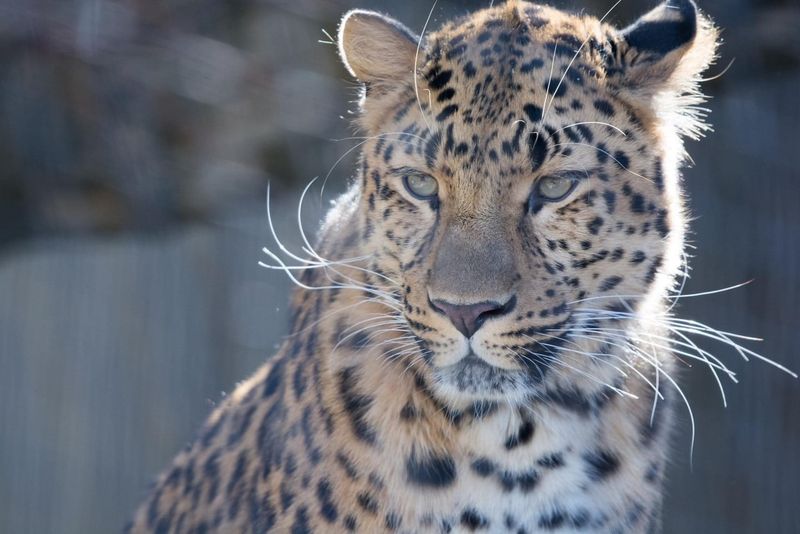
Learning about endangered species is a powerful first step toward saving them. The more you know, the more you can do!
From documentaries to wildlife orgs, resources are everywhere—and super inspiring. Knowledge really is power.
Sharing what you learn gets others on board too. Awareness spreads fast when passion leads the way.
Supporting education programs helps more people understand why every species matters.
21. Volunteer At Animal Shelters
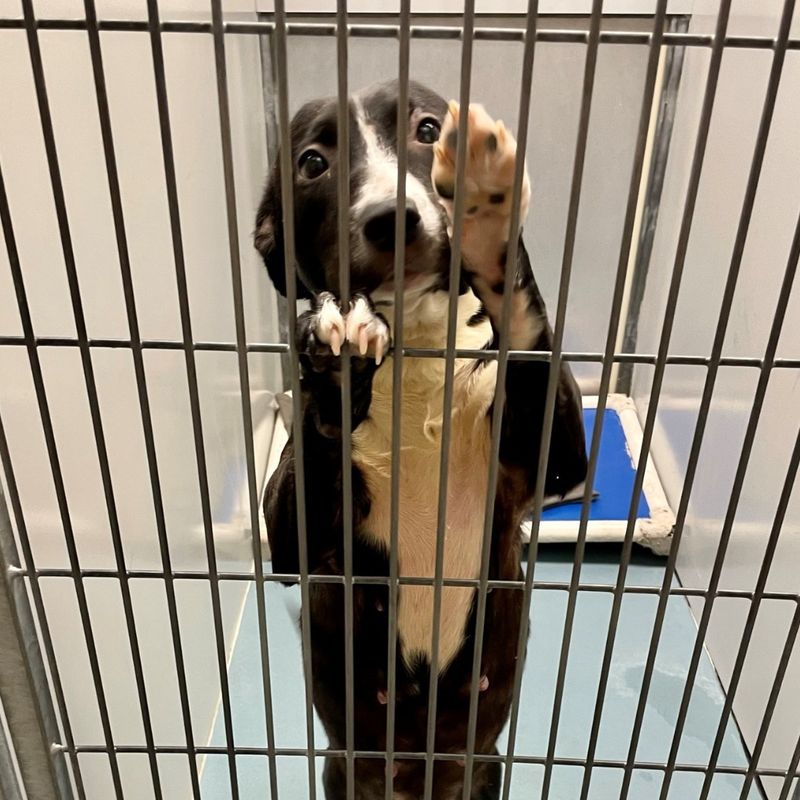
Volunteering at an animal shelter is a feel-good way to give back. You’ll help feed, clean, and cuddle some seriously sweet animals.
Your time means the world to overworked staff and the animals they care for. Even an hour makes a big impact.
Spending time with shelter pets helps them feel loved and socialized. That boosts their chances of finding forever homes.
You’ll learn a lot about animal care—and maybe fall in love with a furry face or two.
It’s not just good for them—it fills your heart too. Kindness looks great on you!




